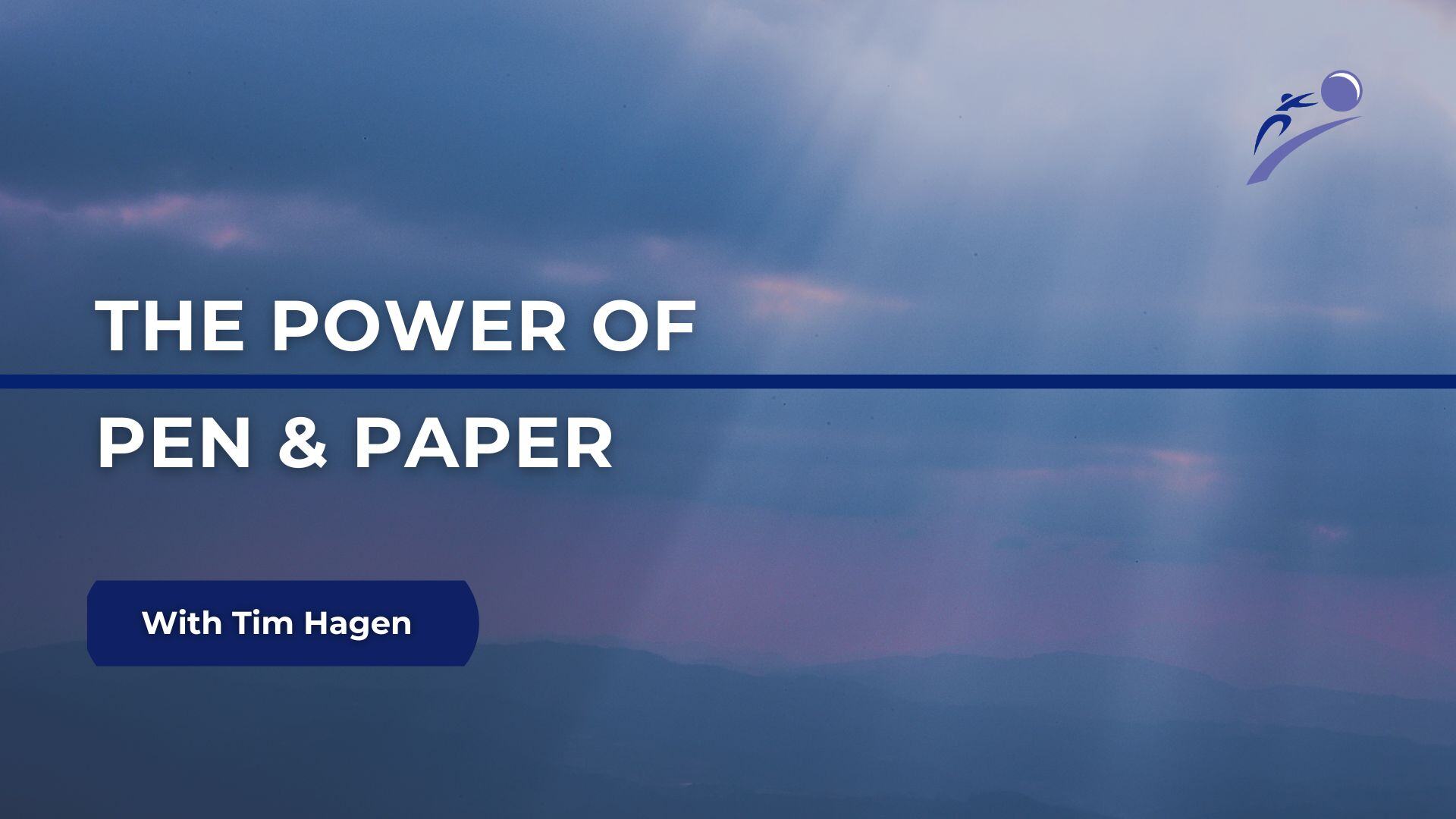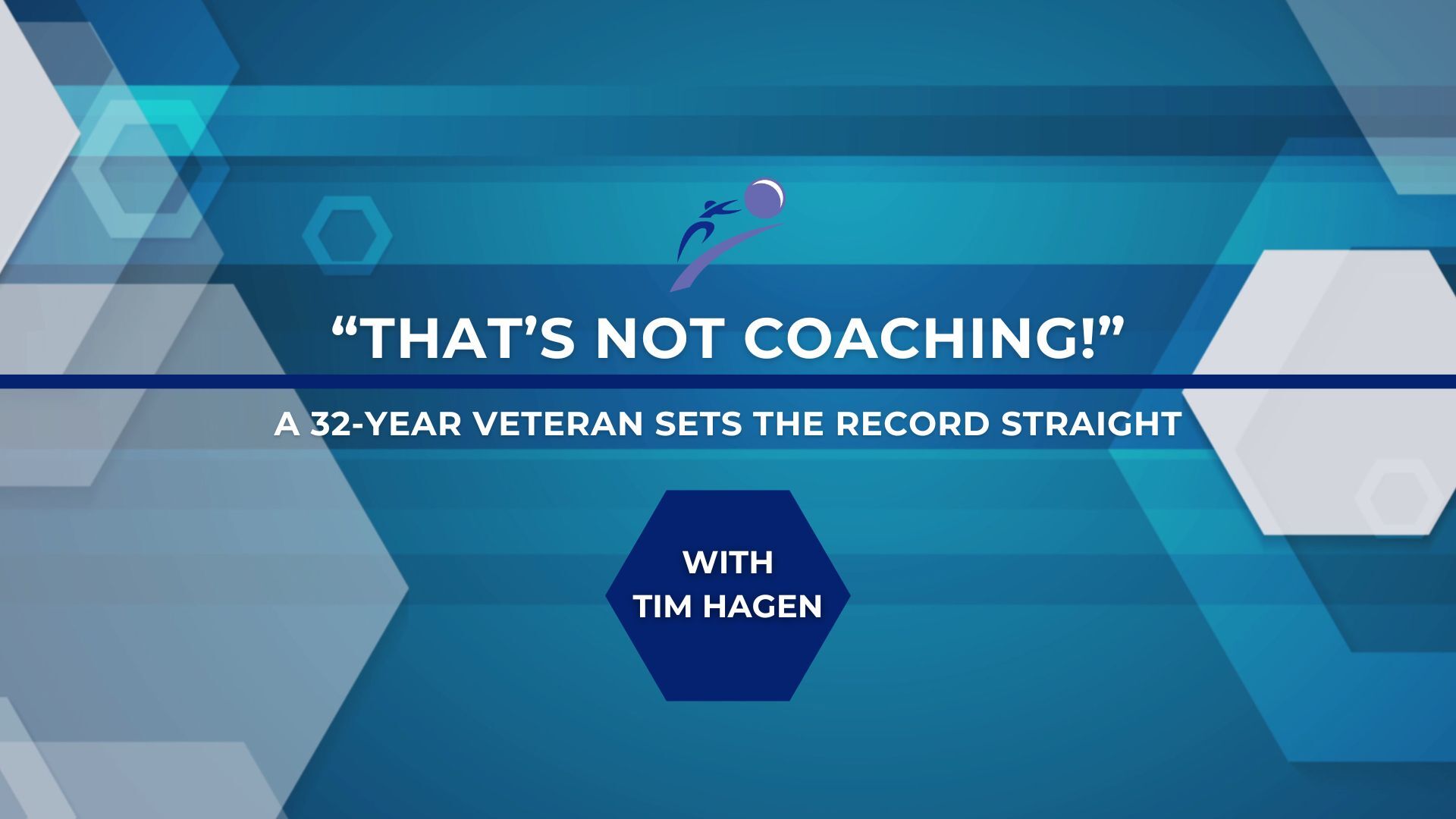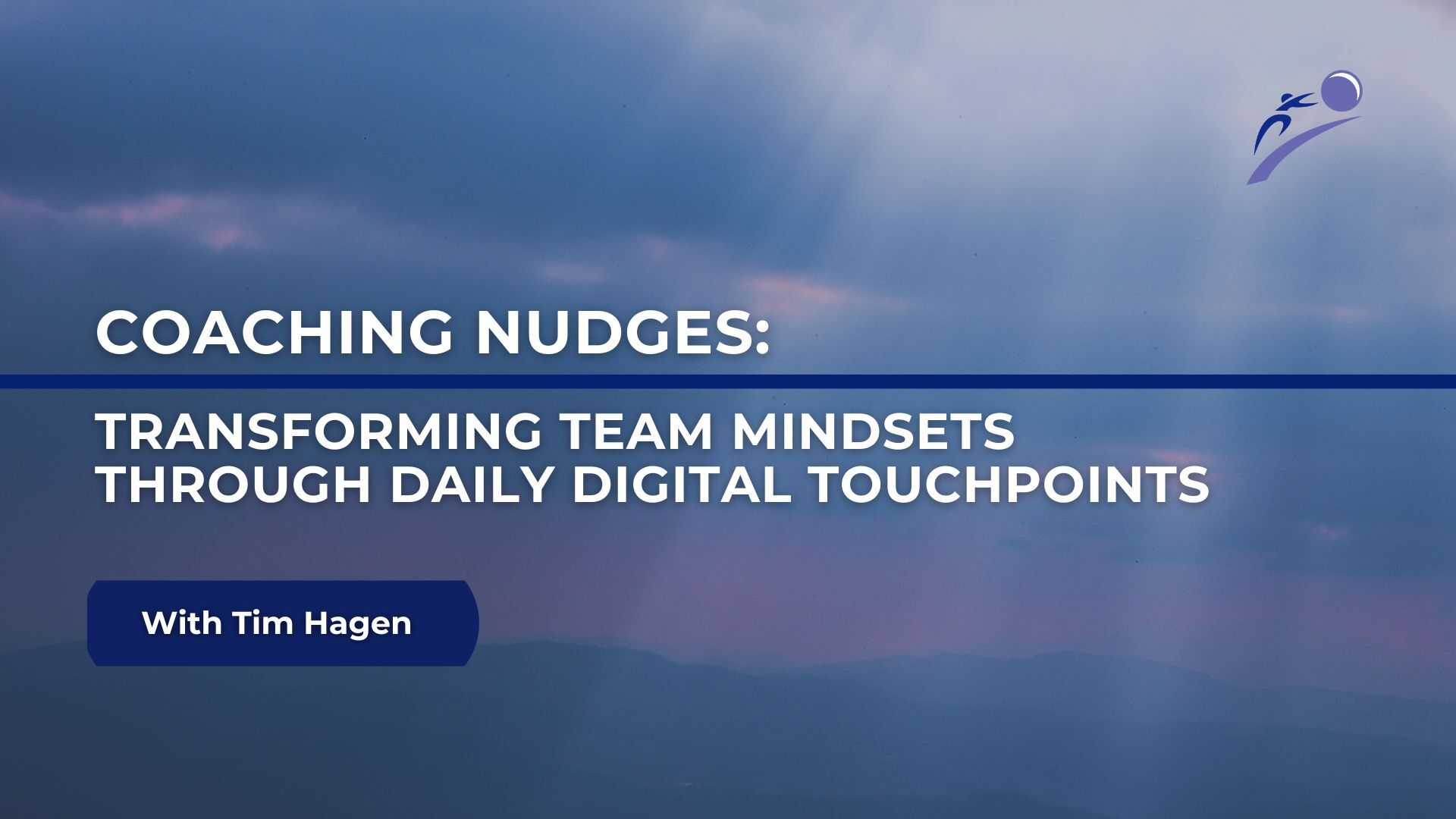The Power of Pen and Paper
In developing ourselves and helping develop other people, one of the forgotten arts is journaling. I have become a huge journaling advocate, probably for the last 20+ years. Even though I'm not a coffee drinker, I'll often just go to a coffee shop, pull out a notebook and just write ideas, observations, ideas for the companies, messages I want to send to clients, whatever is on my mind. Journaling does three major things that are really important:
#1 Journaling slows us down to think.
#2 Journaling facilitates reflection.
#3 Journaling reminds us of the good things we have in our lives and what we're doing, as well as reminds us of the things we need to address.
I don't think anyone can argue that when we reflect, we typically have better clarity, better thought processes, more concise thoughts and clearer communication versus just thinking right away in the moment.
Often, when we're in the throw of things and we're running hard, we don't say to ourselves "Ugh, I'm really stressed. I need to slow down and journal." For most of us, we need to schedule time to journal. Let me give you one of the best successes as it relates to journaling.
I read this book, the Progress Principle by Teresa Amabile, and she talks about how journaling was a way of her capturing data and how she found out the top motivating factor for people in their careers. It wasn't rewards, recognition or even money. The number one motivating thing, according to 76% of people in her study, was progress. So 76% of those people declared they were at their most motivated state when they were progressing in their job.
Here's the interesting thing: she received that data from their journaling.
She then found out that journaling actually lowered people's stress, and I might get this number off a bit, but I think it was up to 23%. I have found the same thing.
One of the other things that journaling does is it helps us observe and capture things. When you combine observation with journaling, it is powerful. Let me share with you a case study.
There was a young lady teller at our bank who was shy, and one day I was waiting for our banker to come out. When he invited me back to his office, I asked him to just stand and watch with me for a minute. Everybody in the line would walk by the first two tellers and they go to Ashley on the end...every single time. My banker said, "Wow, I've never noticed that before."
Every time I've ever come in, she already has my accounts pulled up. She knows my kids' names and she's very personable. She's fantastic.
If Ashley was reading this, she would tell you she's an introvert by trait. I asked her one day what her career goal was. What did she want? She replied that she really wanted to go into leadership.
I would never have assumed that. I would have assumed the opposite.
That's the power of asking people questions.
I asked her if her company had some type of leadership program she could can get into, she said they did. Encouraging her to get into that was an easy thing for me to do. "I think you'll do great," I told her. When I shared that with our banker, he had no idea that was her goal.
Here's the moral of the story: Nobody had asked her.
She was such a great teller. A lot of managers would view that as, Well, that's one less thing I need to worry about. When you have high performing talent and you're not observing, you are missing out on an opportunity and sooner or later you might be missing that person.
When you take the time to just casually sit, give yourself a break as a leader and observe and journal other people, you will own those opportunities more. You have a repository of things you can now go inspire, motivate, coach, mentor, lead or manage. That's the opportunity. We all too often are so busy with our heads down doing our jobs, we forget to look up and see who's doing a great job and then just simply make a note.
Embed journaling into your leadership practice. You'll likely be amazed at some of the opportunities you uncover.
Interested to see the various topics available in the Journal-Based Coaching Guides? Check out WorkplaceCoachingBooks.com and see all the different ways to accelerate skill and career development. These are also valuable tools leaders can give to their teams to start their journaling-based coaching journey specific to the area they could use a little extra focus. Topics include Motivation, Teamwork, Self-Awareness, Emotional Intelligence, Effective Feedback, Applying DISC, and more!





